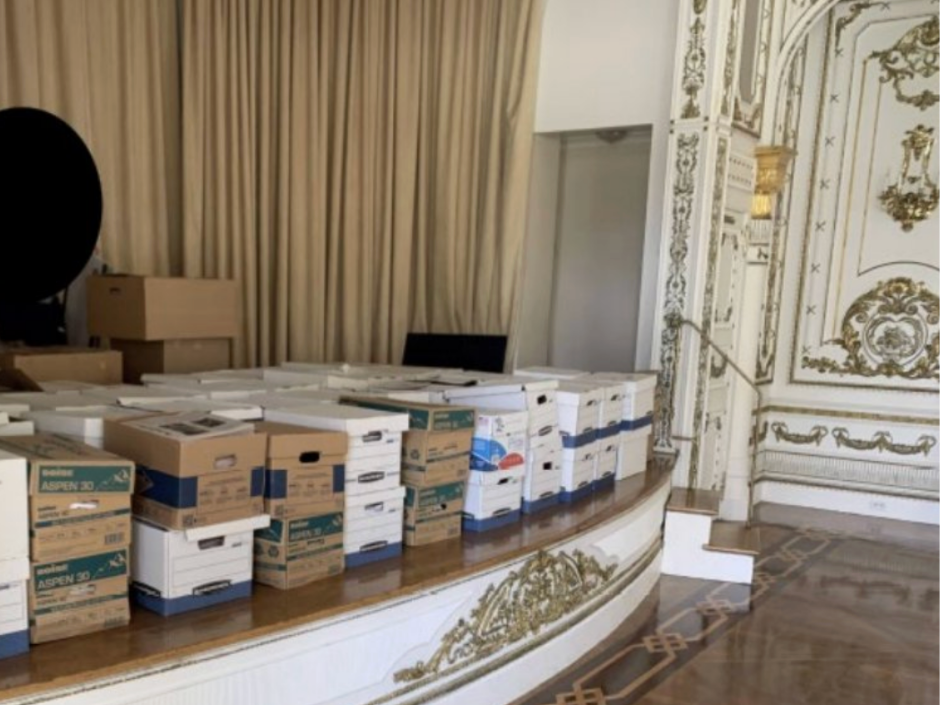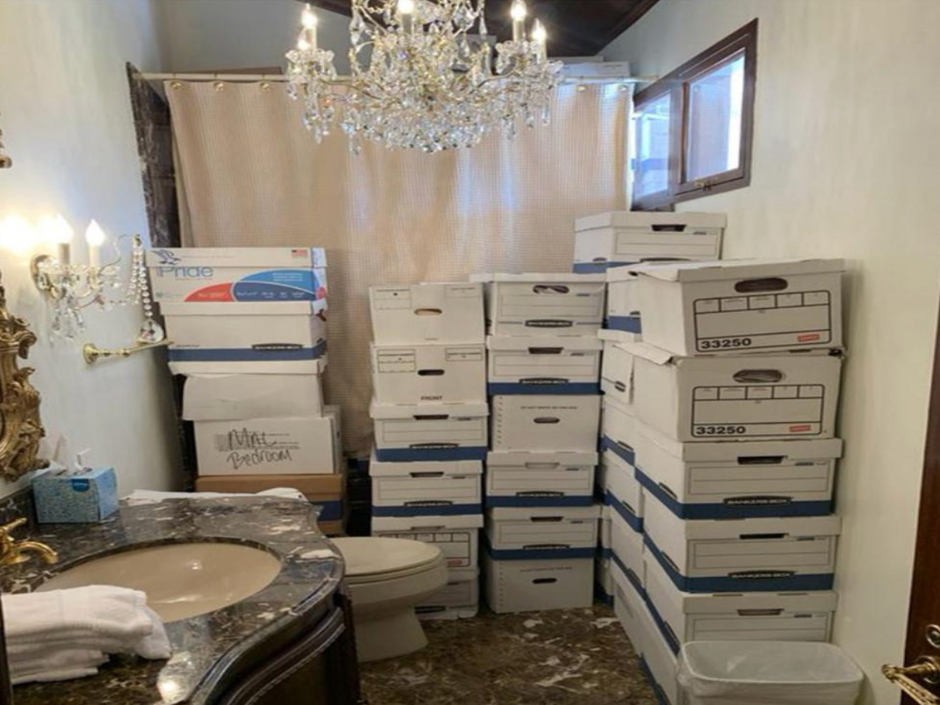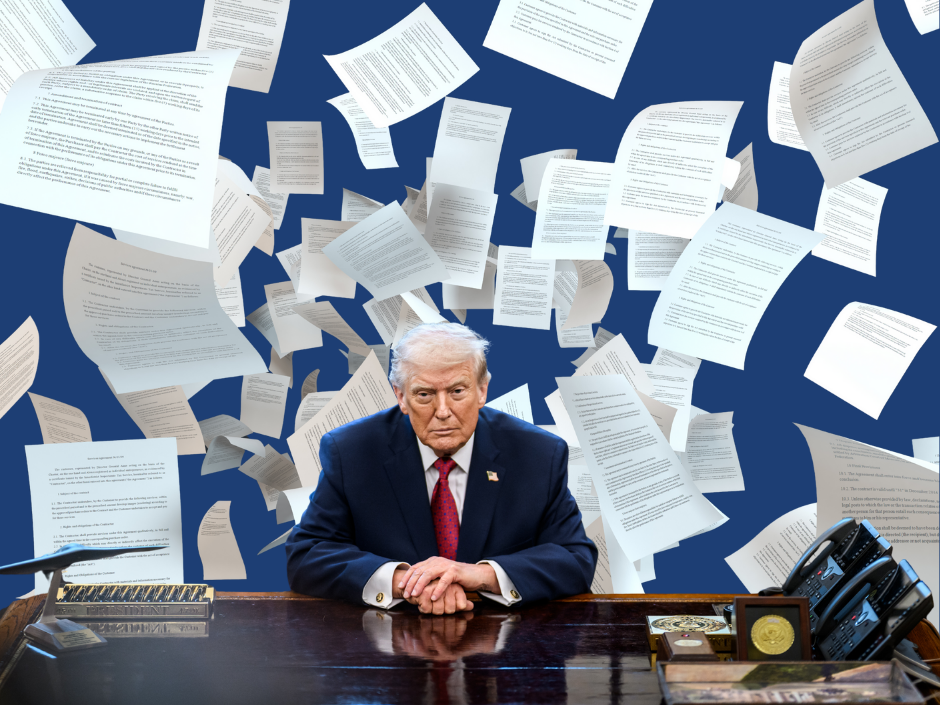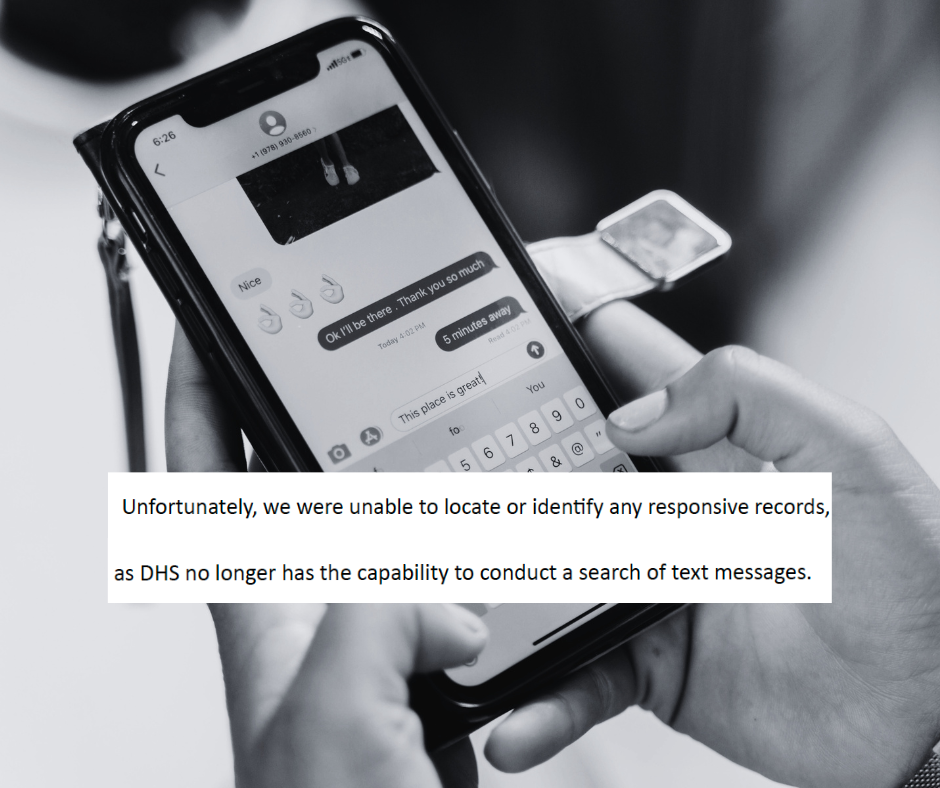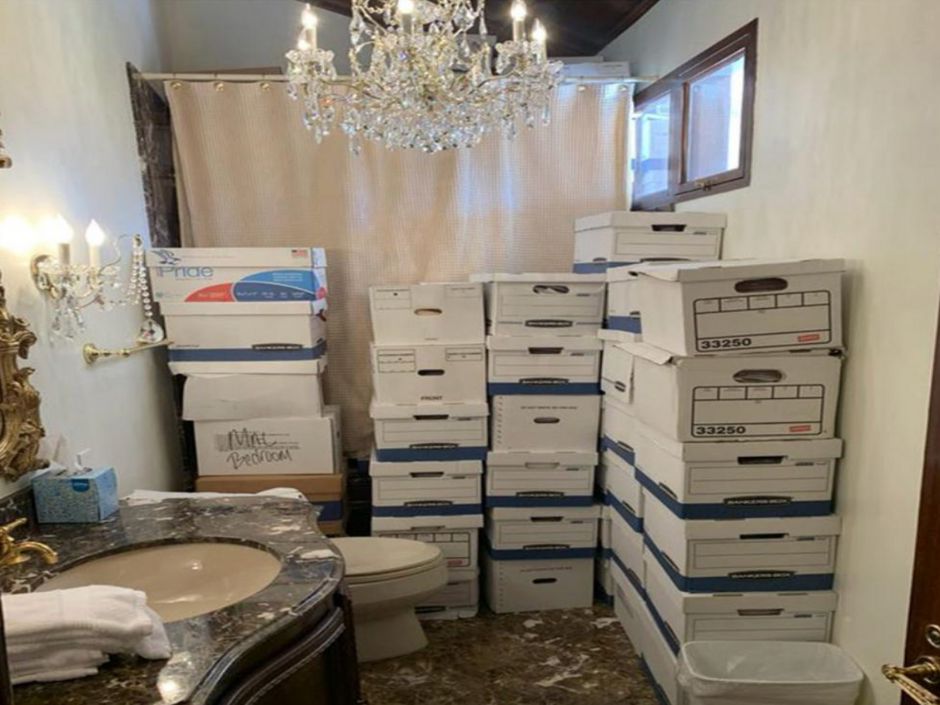
The Trump Administration’s Compliance with Document Preservation Laws
U.S. law requires the preservation of most White House and federal agency records.

U.S. laws, including the Federal Records Act and the Presidential Records Act, require federal agencies and the White House to preserve most documents. These documents can provide transparency about government actions, power investigations to hold officials accountable, and be key building blocks in our historical record. This information is also essential to an incoming administration so it can understand ongoing government action and past policy decisions.
Destruction of these records is illegal, but the lack of an enforcement mechanism — especially when it comes to White House documents — leaves some observers concerned about their preservation.
News reports and documents obtained by American Oversight have also shown that key officials in the Trump administration repeatedly relied on private communications channels for government business, raising questions about compliance with record preservation laws.
Trump family members and White House aides Jared Kushner and Ivanka Trump used a private email domain to conduct some government business, which became the subject of an internal White House probe. In the fall of 2017, Politico reported that the National Archives and Records Administration (NARA) had periodically warned Trump White House lawyers about the need to comply with record preservation laws, and a year later, the Washington Post reported that the extent of Ivanka Trump’s personal email use was wider than previously known. Kushner also reportedly conducted business over WhatsApp, a mobile app with some encryption security features that could help evade compliance.
Records from former Secretary of State Mike Pompeo’s tenure as head of the Central Intelligence Agency that were obtained by American Oversight through FOIA litigation showed he also frequently used a personal email account for work. American Oversight sent a letter on Oct. 22, 2020, to NARA, the CIA, and the State Department, urging them to move quickly to recover any records that may not have been preserved as required by law. On Nov. 4, NARA informed us that it had requested that the CIA provide a report confirming that those emails had been properly preserved.
The Trump administration’s improper record keeping wasn’t limited to Trump’s time as president, and concerns only grew after he was out of office. In January 2022, the Washington Post reported that some of the records that NARA turned over to the House select committee investigating the Jan. 6 insurrection had been “ripped up and then taped back together.”
That same month, NARA repossessed 15 boxes of items from the former president’s Mar-a-Lago residence. NARA said in a statement that the materials “should have been transferred to NARA from the White House at the end of the Trump Administration.” Later reporting revealed that some of the documents were marked as classified and top secret.
In June 2022, an attorney for Trump signed a document claiming all classified documents held at Mar-a-Lago had been turned over to investigators. However, when the FBI raided Trump’s Florida estate just two months later, agents found more than 100 additional documents marked as classified.
Following the raid, Attorney General Merrick Garland appointed Jack Smith as special counsel to investigate Trump’s failure to comply with records preservation laws. In June 2023, the former president was indicted on 37 counts related to his handling of classified materials. While the trial is scheduled to begin May 20, 2024, it is likely this will be delayed.
American Oversight’s Investigations
American Oversight filed three FOIA requests to NARA in February 2022 seeking agency officials’ communications s about the Mar-a-Lago records and with members of the Trump campaign and organization, as well as inventories or lists of items that were retrieved from the residence. The records have the potential to reveal exactly why Trump held on to these materials for a year. NARA did not respond to these requests as required by law, leading American Oversight to file suit in the U.S. District Court for the District of Columbia.
NARA later released 65 pages of emails and other correspondence relating to the 15 boxes of materials recovered from Mar-a-Lago. In a cover letter to American Oversight, NARA also confirmed that the agency withheld more than 1,000 pages of records for reasons related to ongoing law enforcement investigations.
In November 2022, NARA released documents that include conversations between NARA officials and reporters, copies of already public congressional letters, draft press releases, and meeting notices regarding the search at Mar-a-Lago. NARA again withheld hundreds of pages, citing exemptions for ongoing law enforcement investigations and other reasons.
Several Government Agencies Wiped Phones After Jan. 6 Insurrection
American Oversight discovered through litigation in August 2022 that the Department of Defense and the Army had wiped the phones of top officials at the end of the Trump administration — including texts from Jan. 6, 2021. Those revelations came shortly after the Secret Service came under fire for also having deleted text messages from Jan. 6.
Within days of the news, the Pentagon publicly announced a new policy regarding the preservation of text messages and other information stored on mobile devices. The Department of Homeland Security also announced it would stop wiping the phones of high-level officials without backing them up, and launched a review of its record retainment practices.
In another lawsuit brought by American Oversight and the ACLU of Massachusetts, Immigration and Customs Enforcement (ICE) admitted to having instructed senior Trump officials to wipe their phones upon departure. A judge ordered the agency in September 2022 to preserve the mobile devices of seven former officials.
American Oversight will continue to investigate federal officials’ compliance with document preservation laws.
